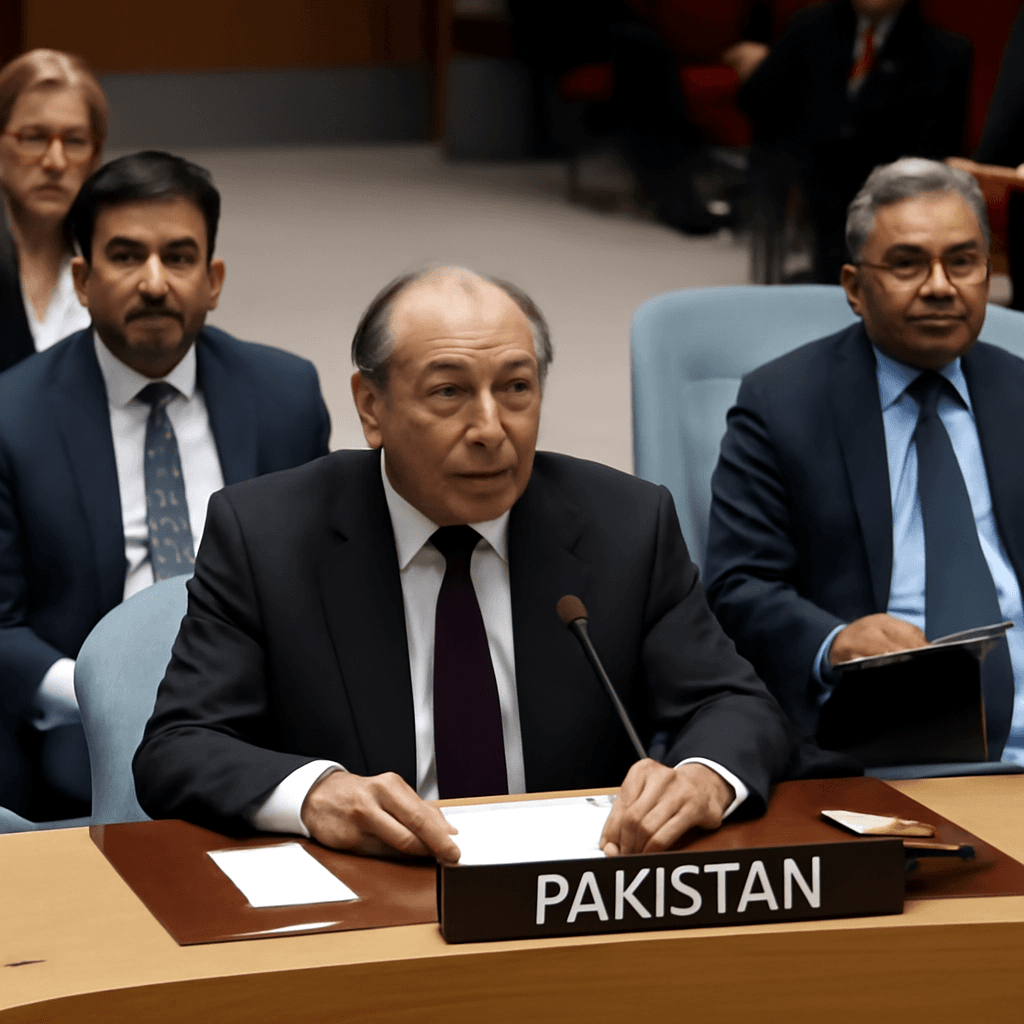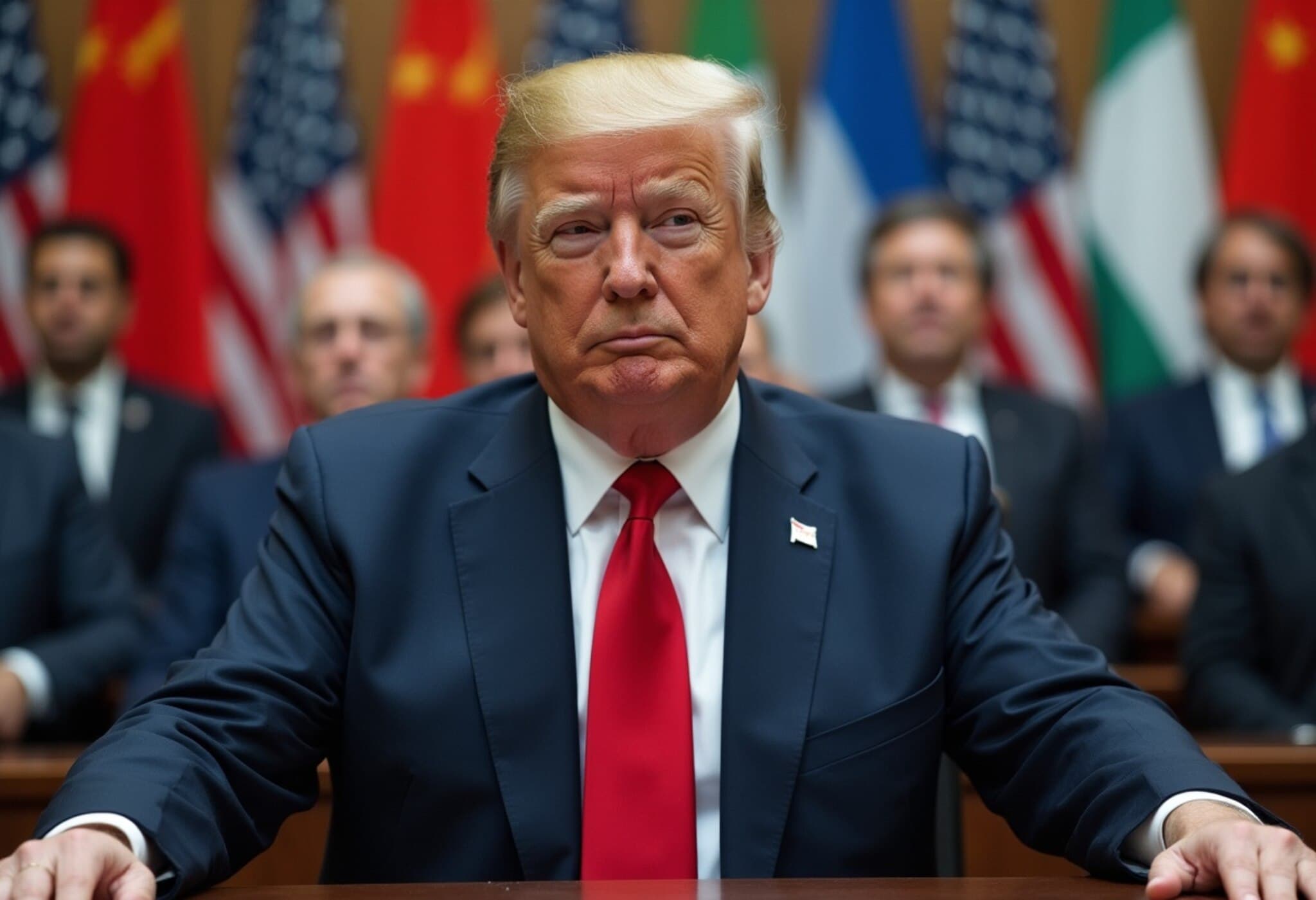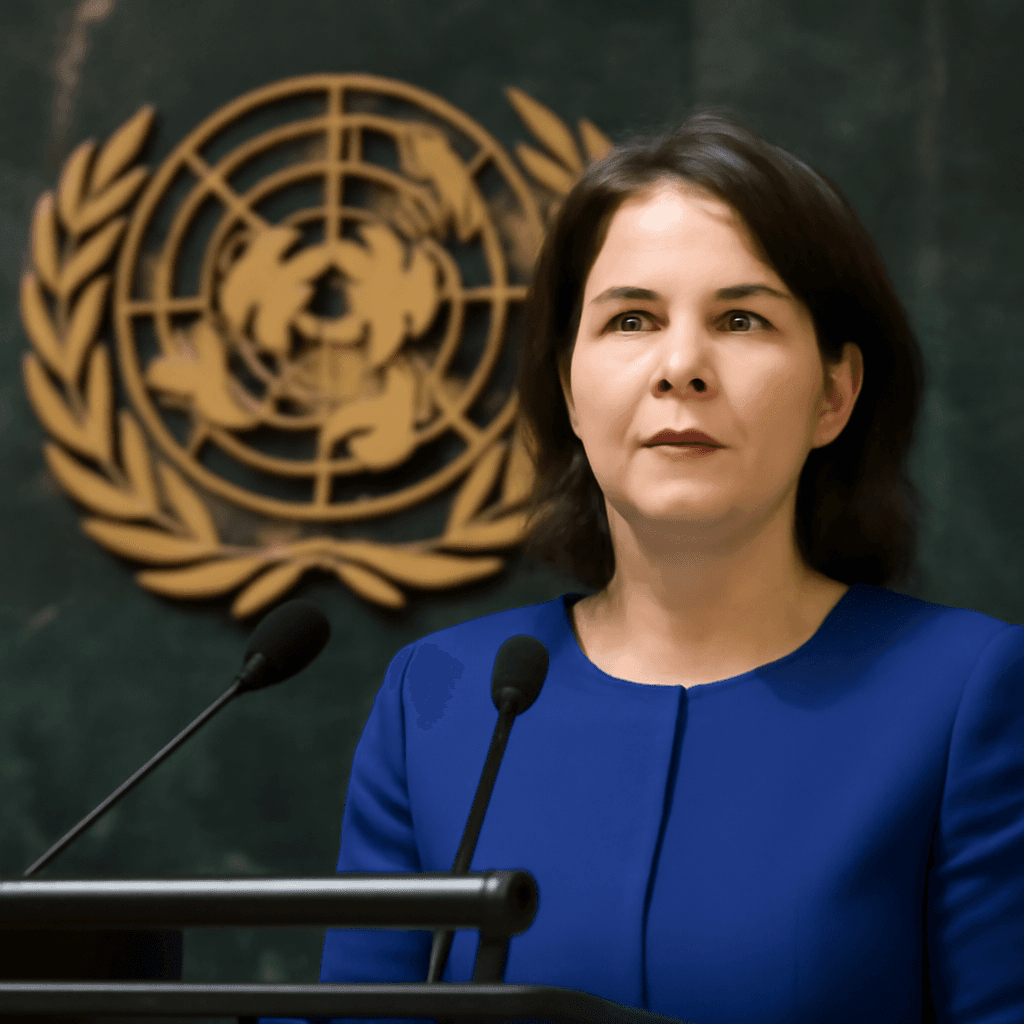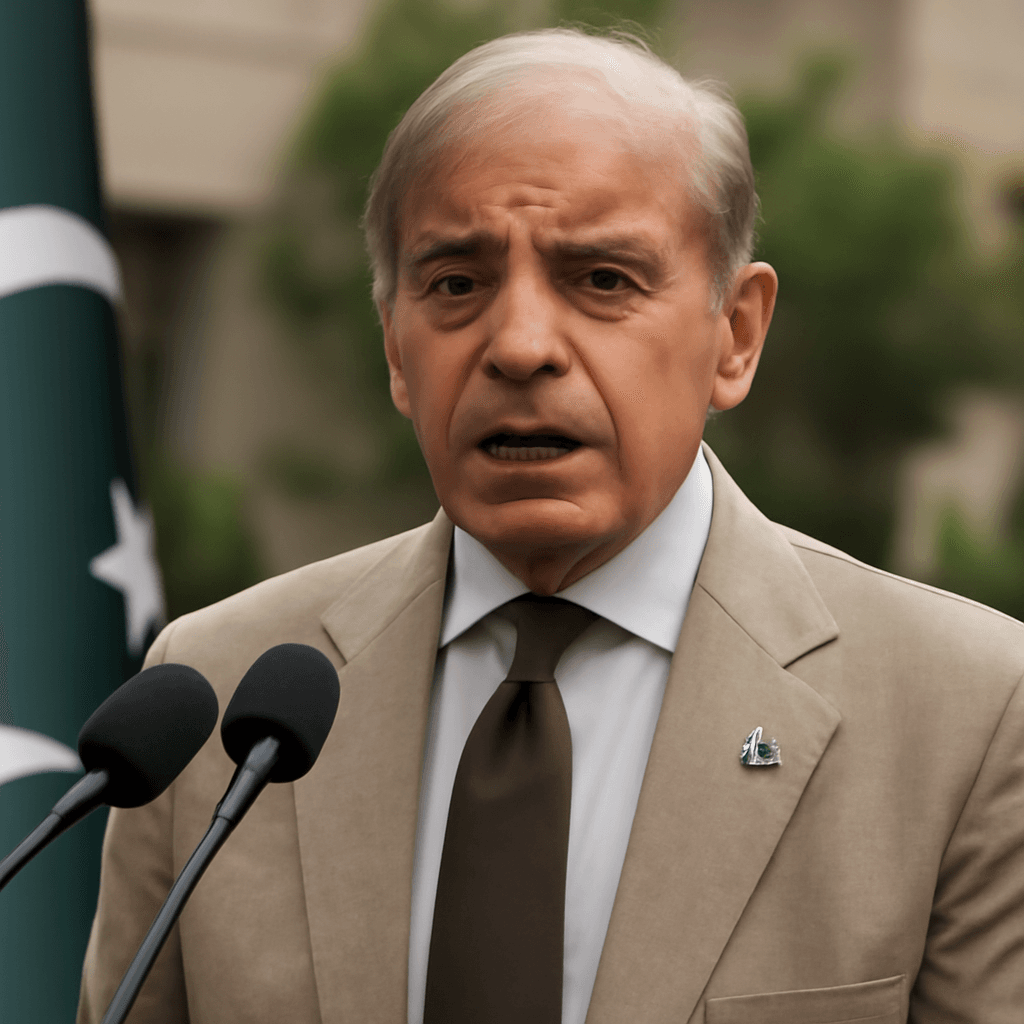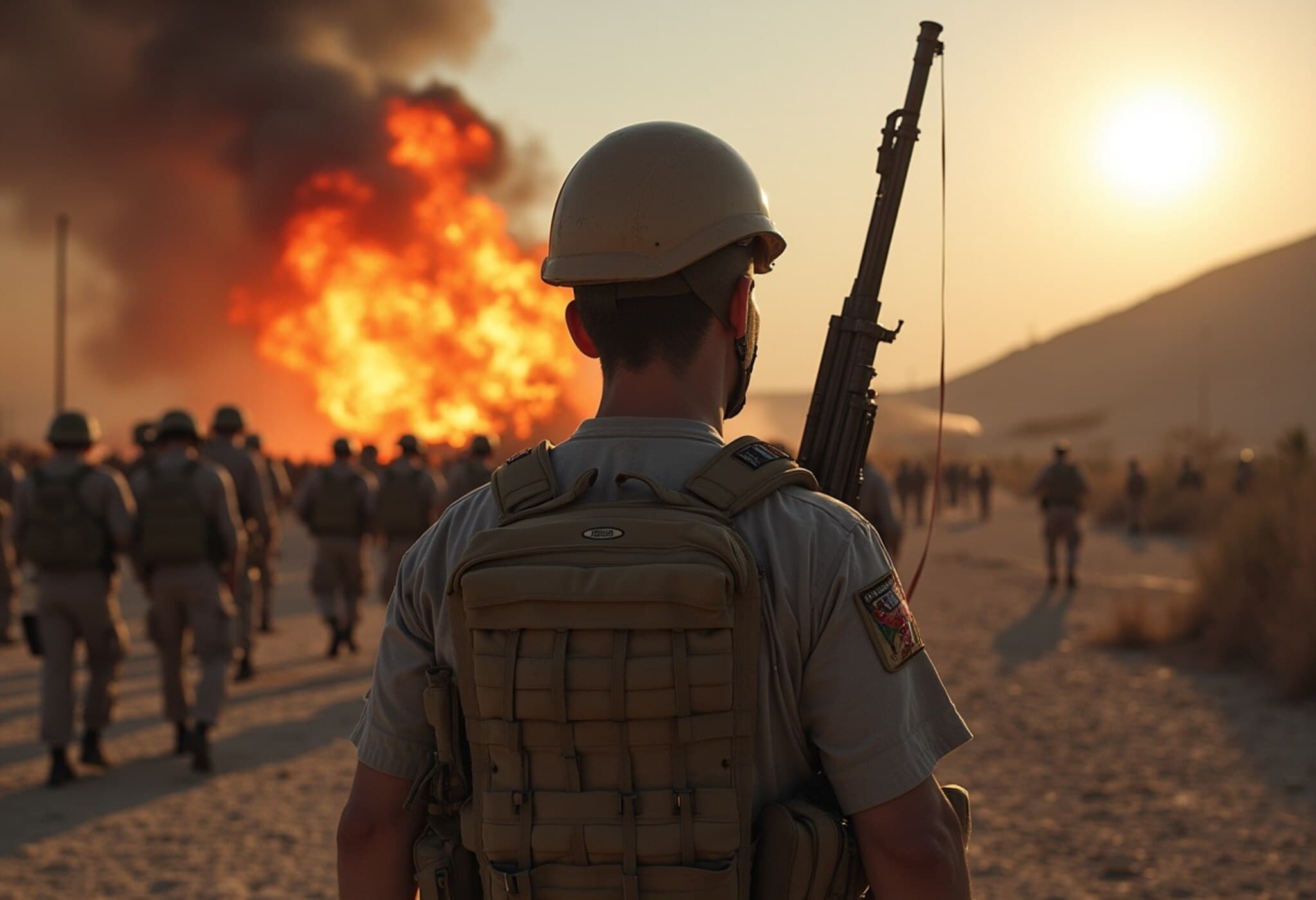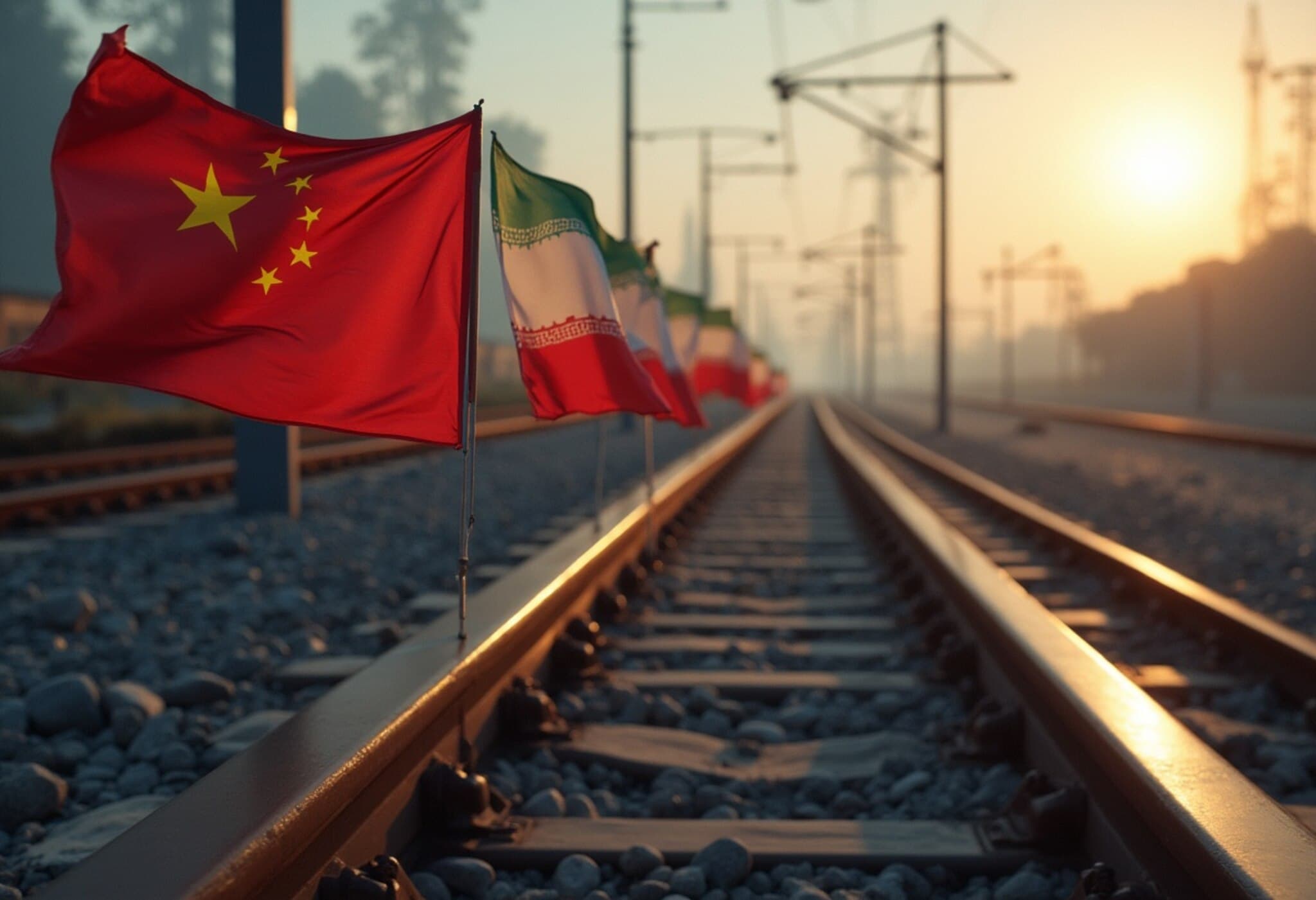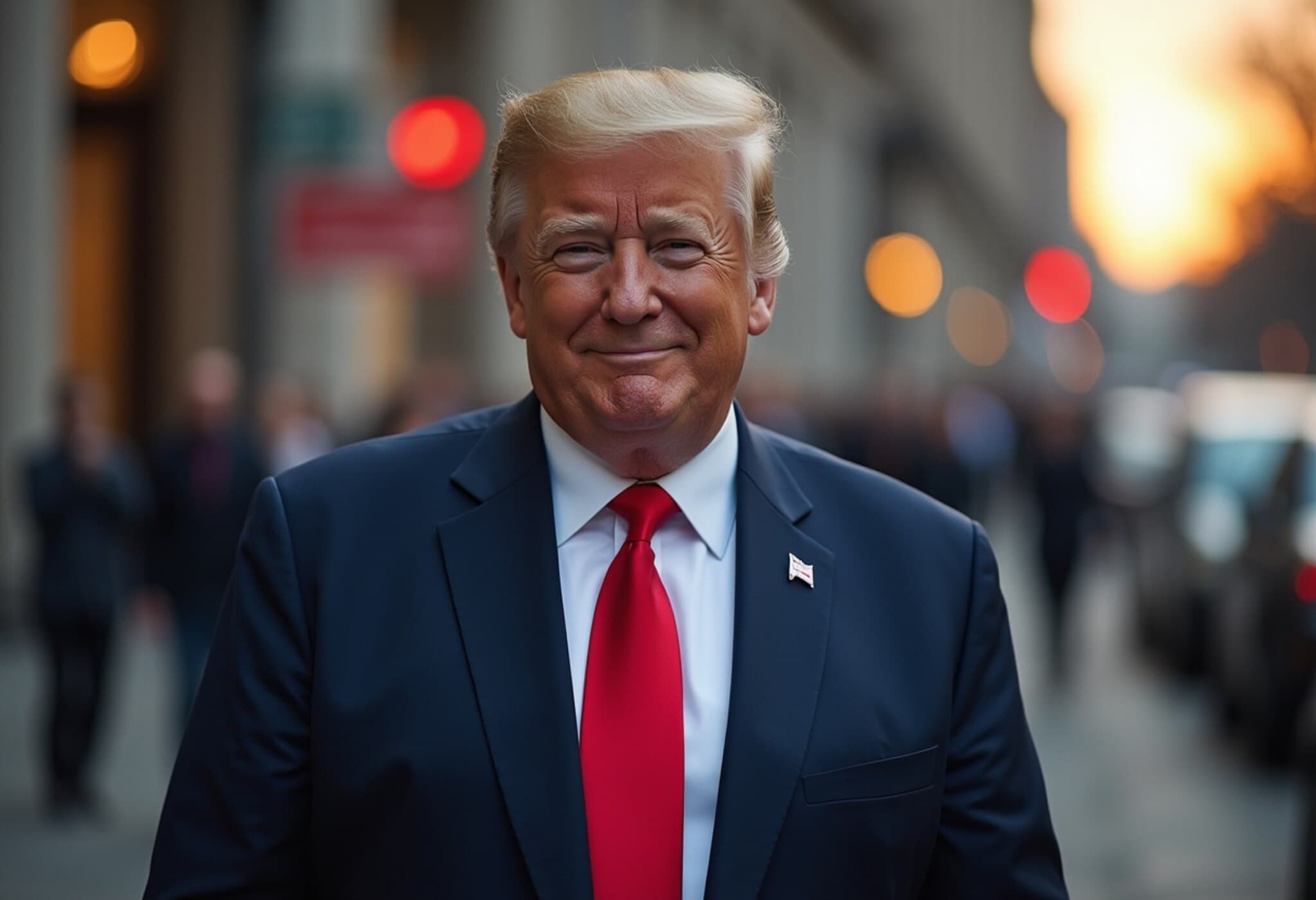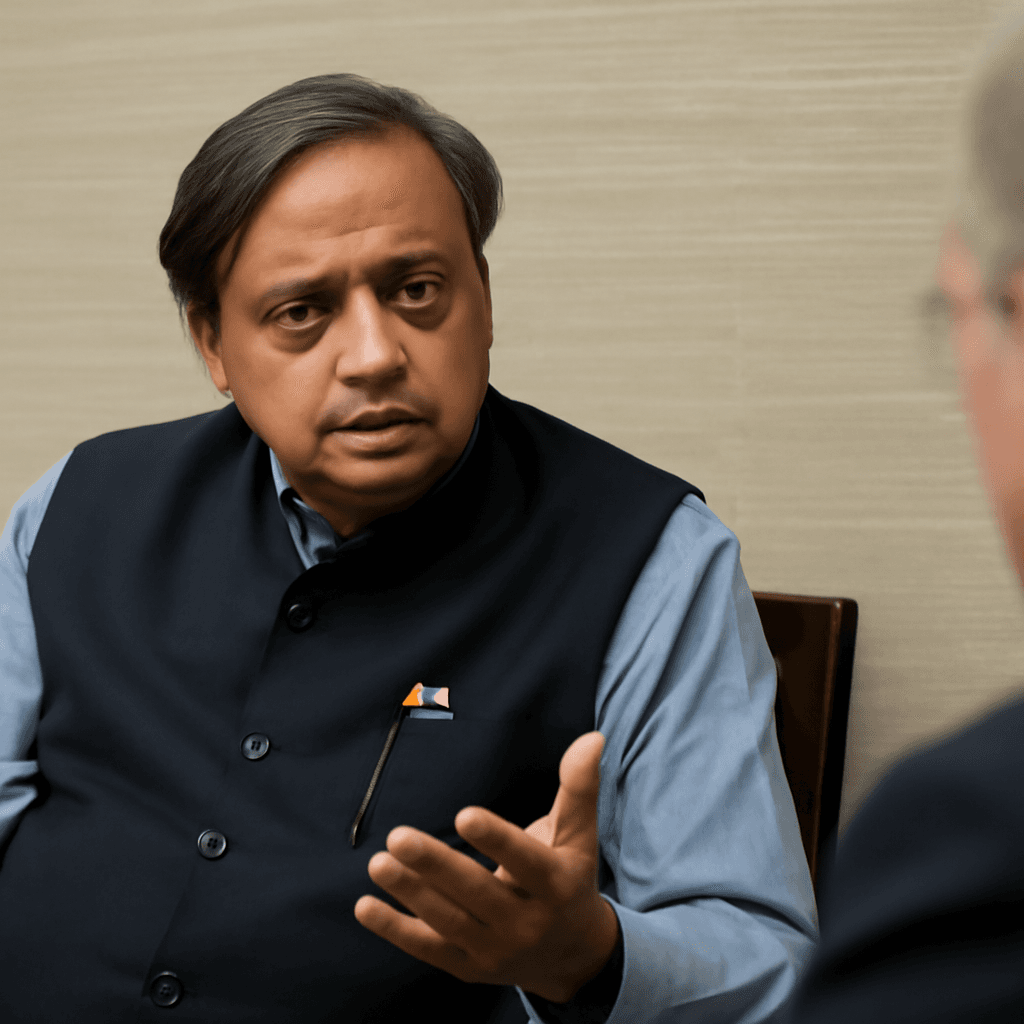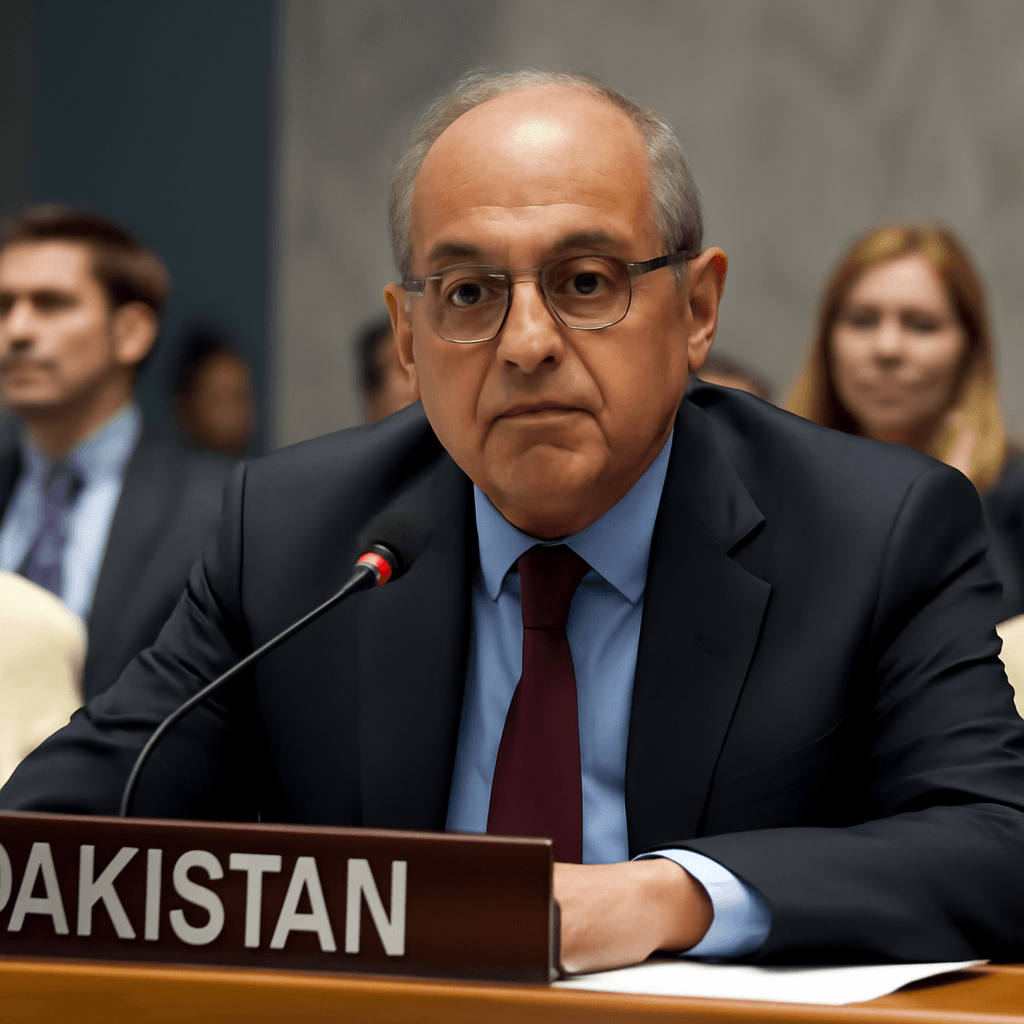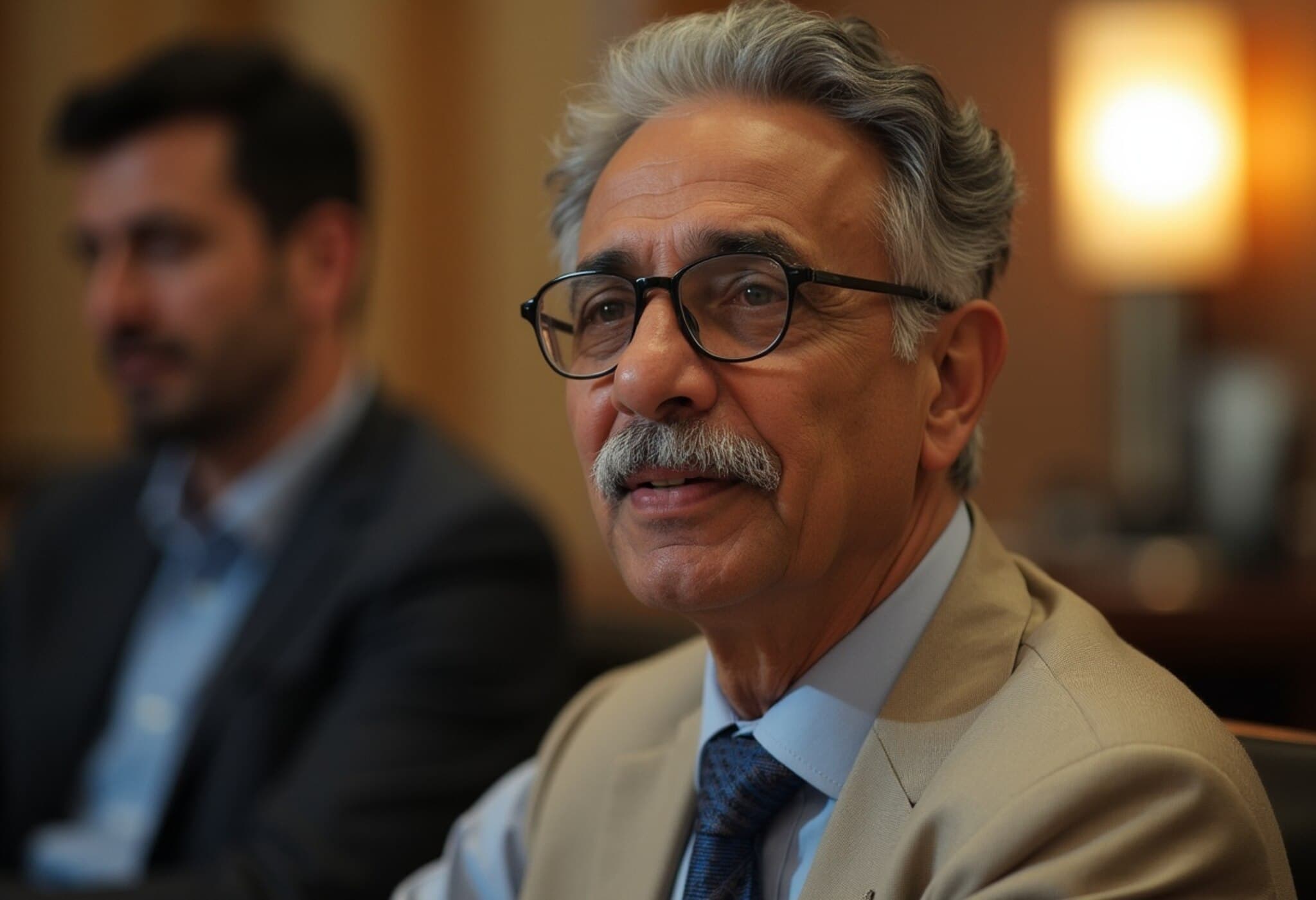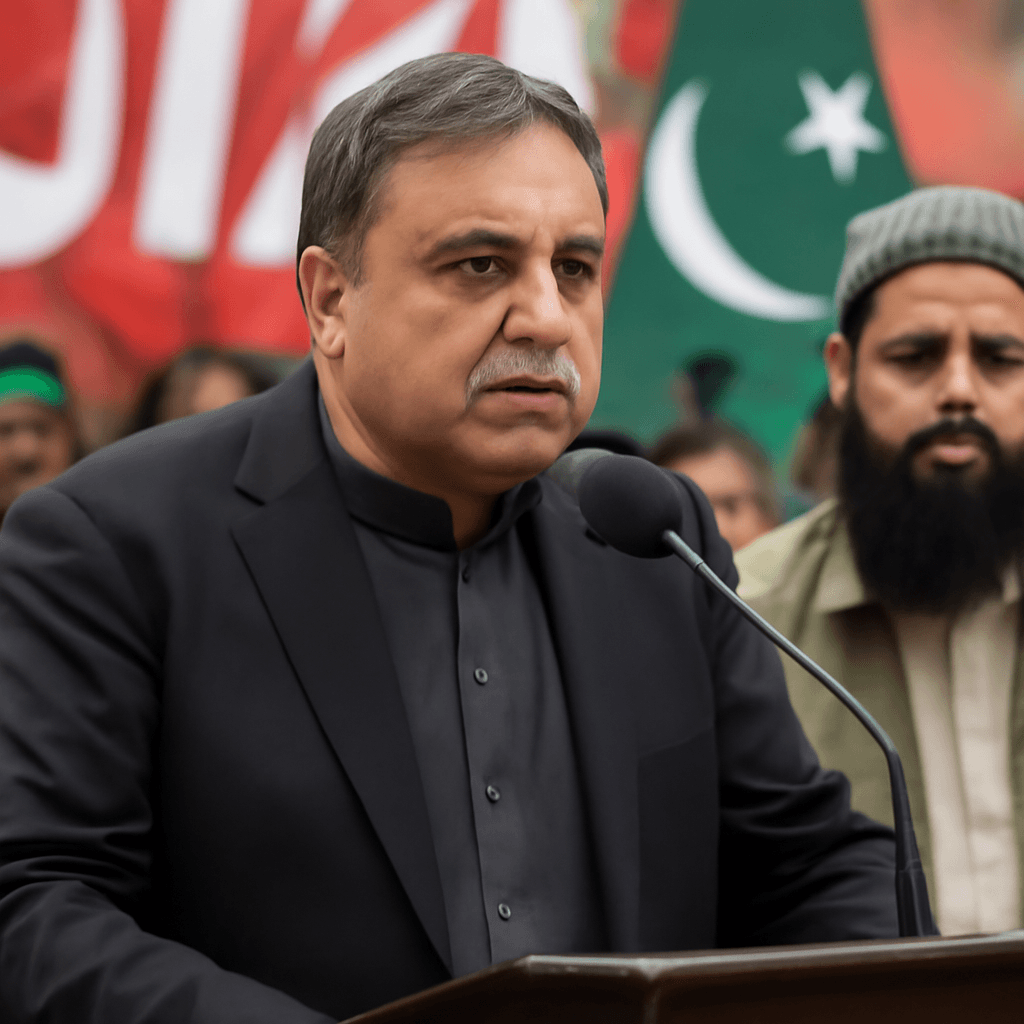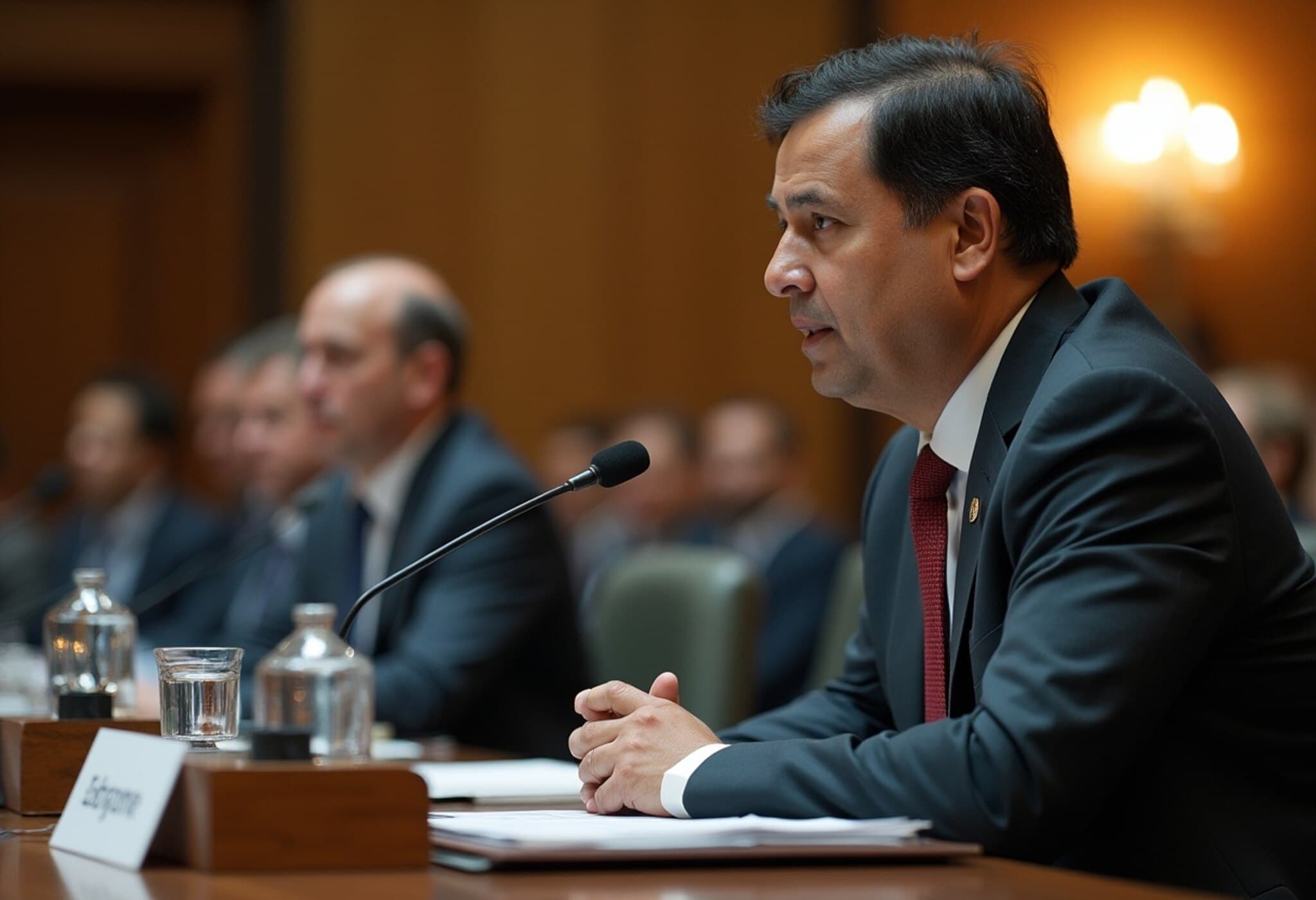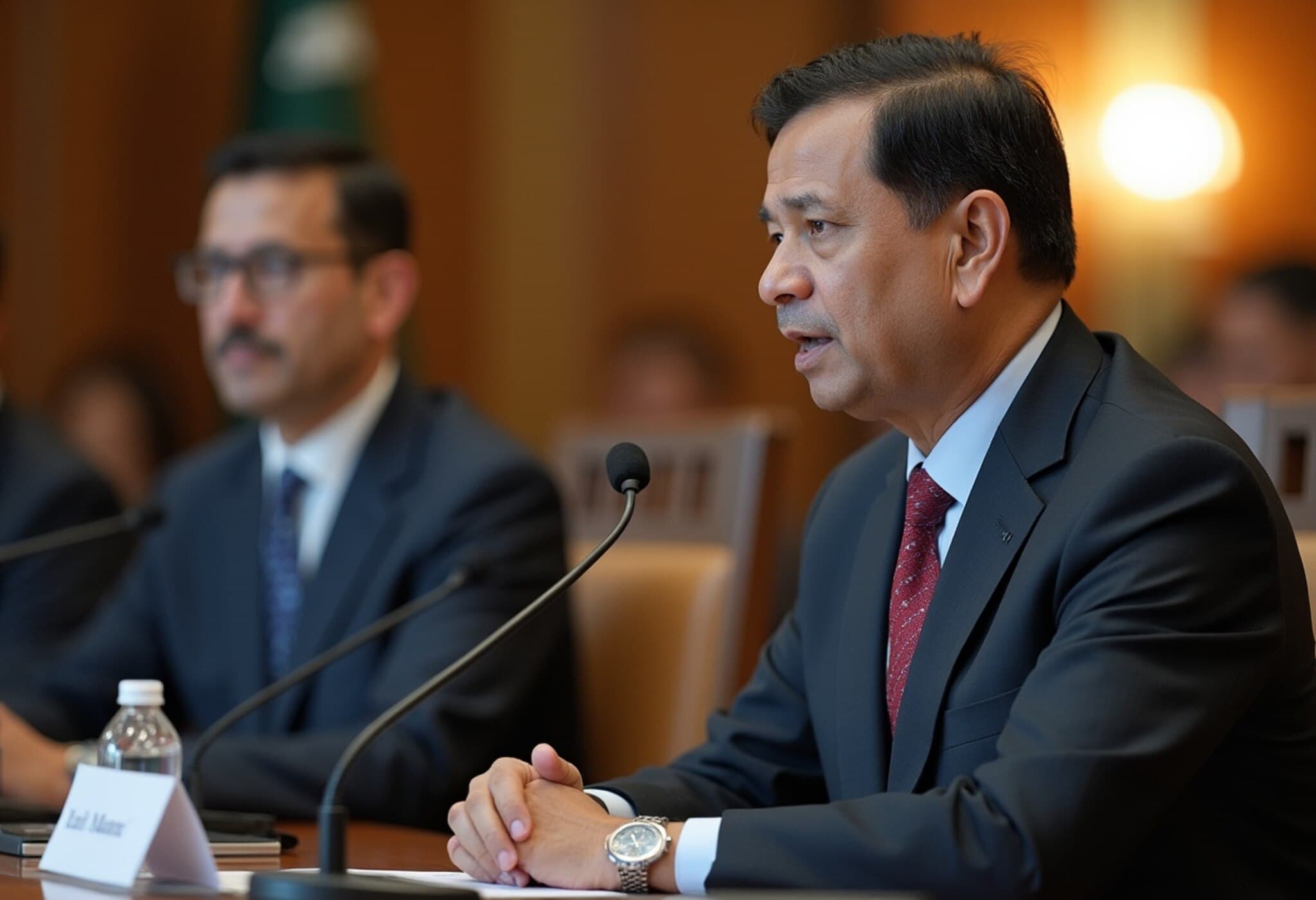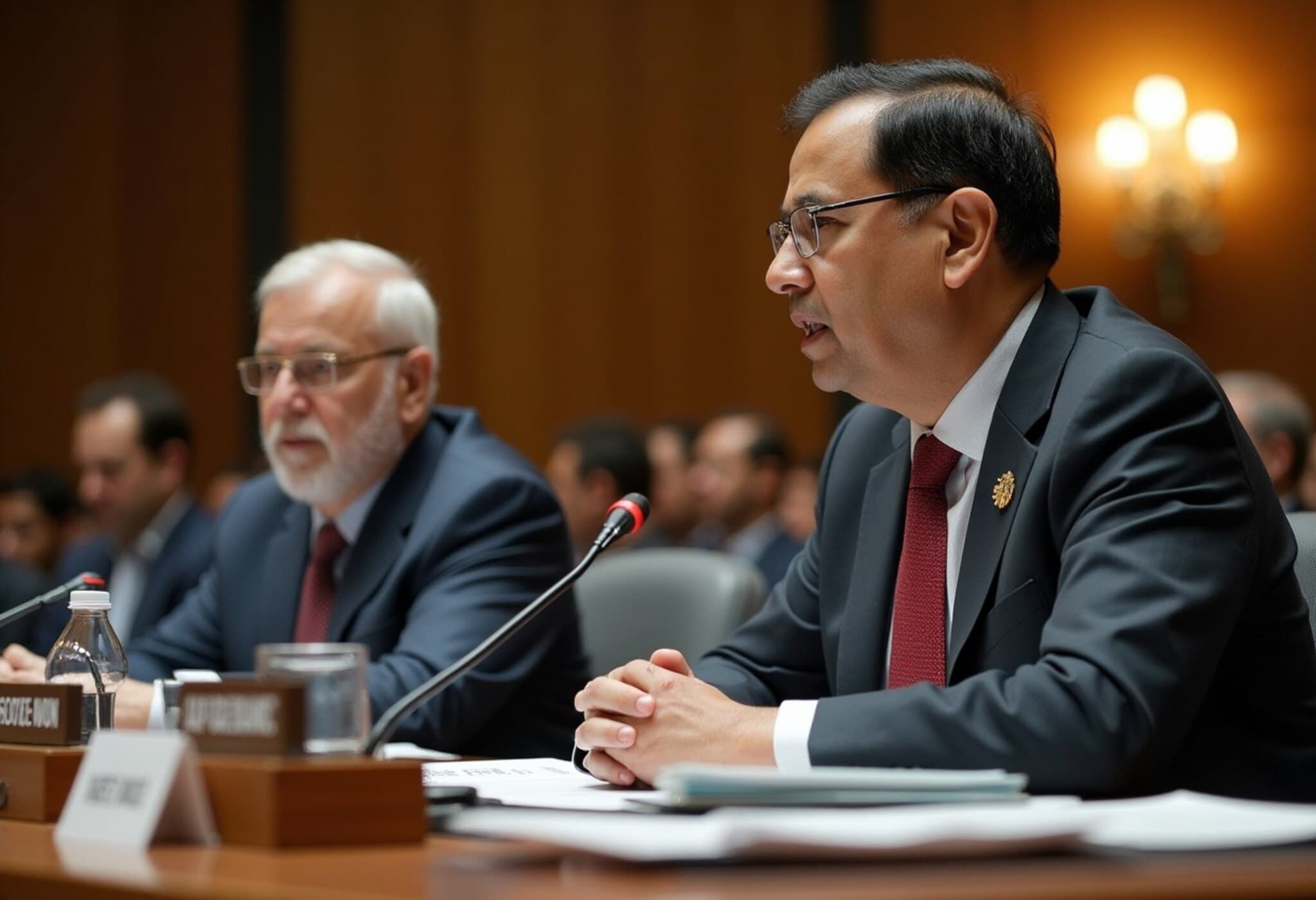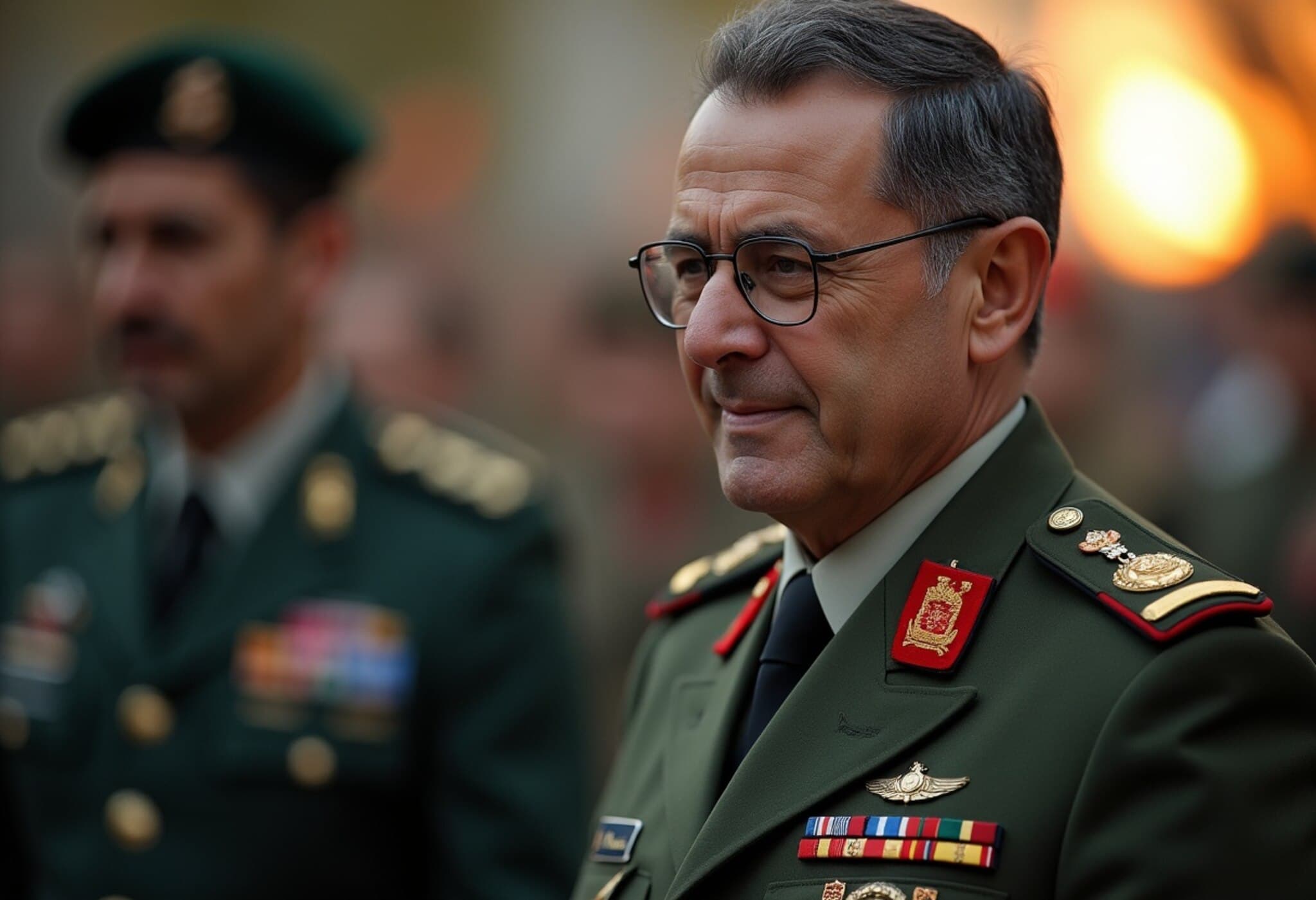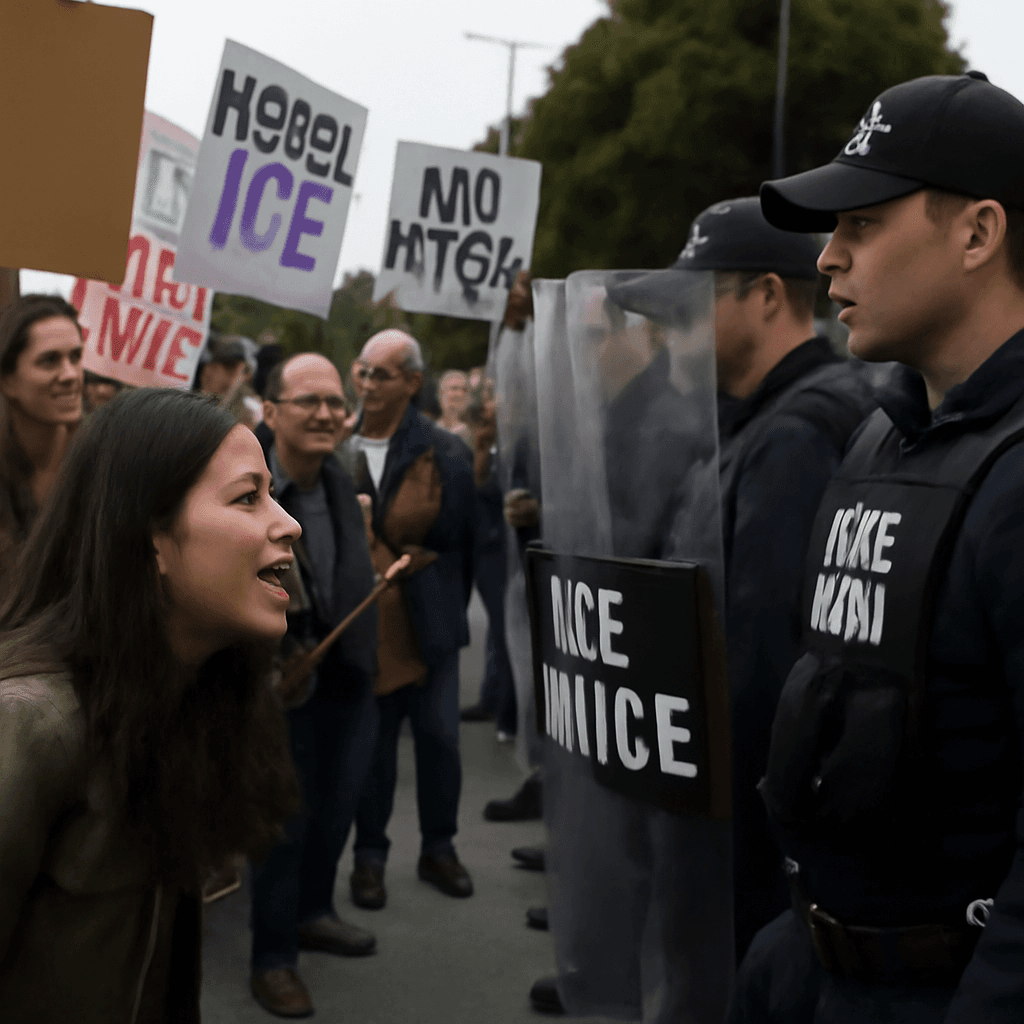Pakistan's Ambitious Push for UN Committee Leadership Falls Short
As a non-permanent member of the United Nations Security Council (UNSC), Pakistan sought to lead four terrorism-focused committees but ended up chairing only one. After months of back-and-forth among council members, Pakistan was granted the chairship of the 1988 Taliban Sanctions Committee while obtaining only the vice-chair position in the Counter Terrorism Committee (CTC).
Unmet Expectations and Council Dynamics
Pakistan initially demanded the chair positions of the following key committees:
- 1267 Sanctions Committee
- 1540 Non-Proliferation Sanctions Committee
- 1988 Taliban Sanctions Committee
- 1373 Counter Terrorism Committee (CTC)
However, other UNSC members pushed back against Pakistan's demands, delaying the allocation process by nearly five months. Sources indicate that many members were dissatisfied with what they considered an uncompromising and disproportionate stance, which stalled consensus-building within the council.
Permanent Members’ Standpoint
The five permanent members of the UNSC — China, France, Russia, the United Kingdom, and the United States — reportedly showed little inclination to head any of these committees themselves. Recognizing that chair positions require consensus to operate effectively, they preferred these roles remain with non-permanent members. This environment allowed Pakistan to voice its position but limited its actual influence.
India's Perspective and Regional Implications
India views the outcome as a clear indicator of Pakistan’s diminished standing and credibility within the UN framework. While Pakistan managed only a ceremonial vice-chair role in the 1373 CTC, India has previously chaired this committee, including during its own 2011-2012 and 2022 UNSC tenures.
The 1988 Taliban Sanctions Committee is responsible for overseeing sanctions implementation against terrorists and designating entities according to specific criteria. Notably, the presence of India-friendly countries such as Russia and Guyana in vice-chair positions is likely to provide some balance, enabling India to collaborate effectively within the council.
Looking Ahead: Limited Influence Despite Loud Demands
Despite Pakistan’s vocal demands and political rhetoric, its limited success in securing influential UN Security Council committee positions highlights the delicacy and complexity of international diplomacy. Experts point out that chair positions, particularly in terrorism-related committees, do not carry substantial power without consensus.
As one insider put it, Pakistan’s experience in this round of UNSC assignments underscores the challenges it faces in gaining broader acceptance and influence on the global stage.
Stay informed with the latest developments in international diplomacy and security council affairs.

